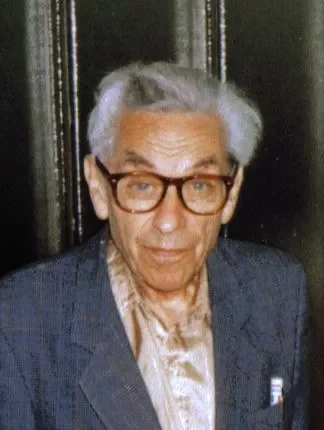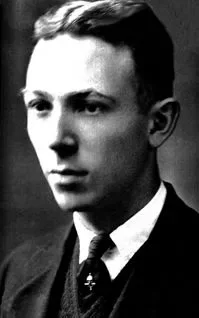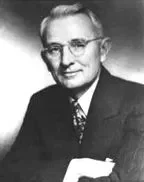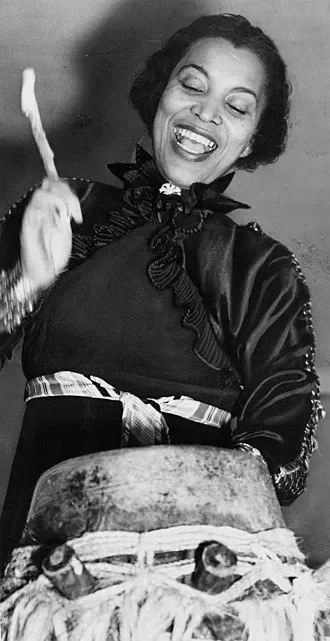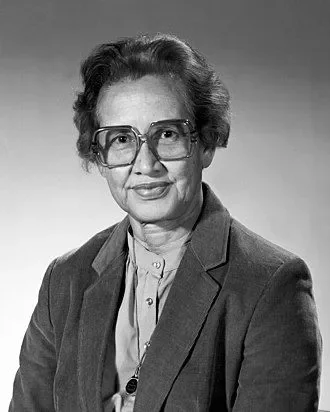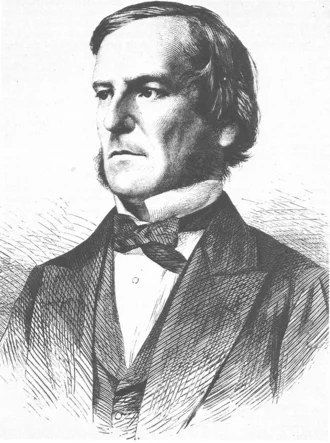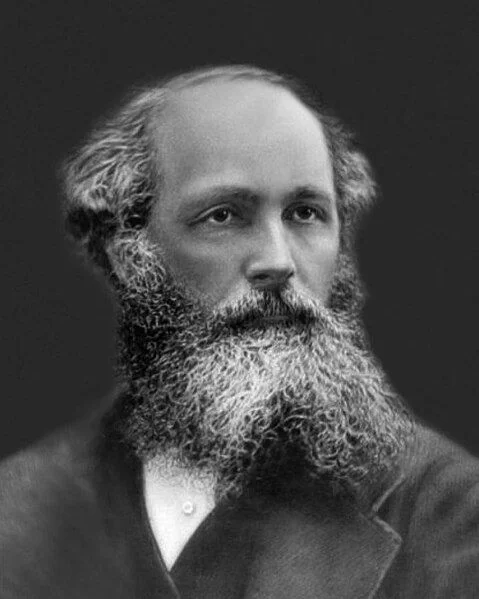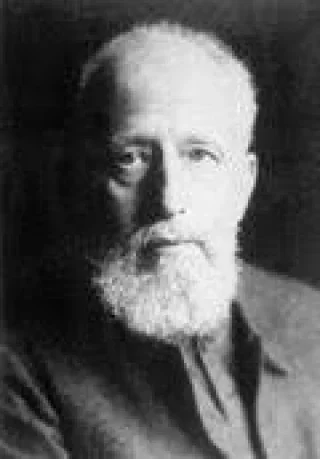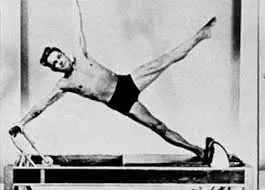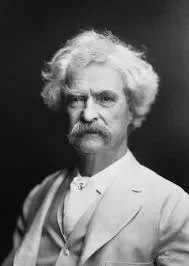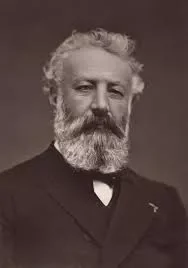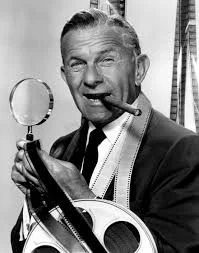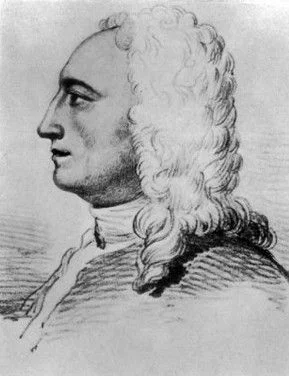Real Celebrities Never Die!
OR
Search For Past Celebrities Whose Birthday You Share
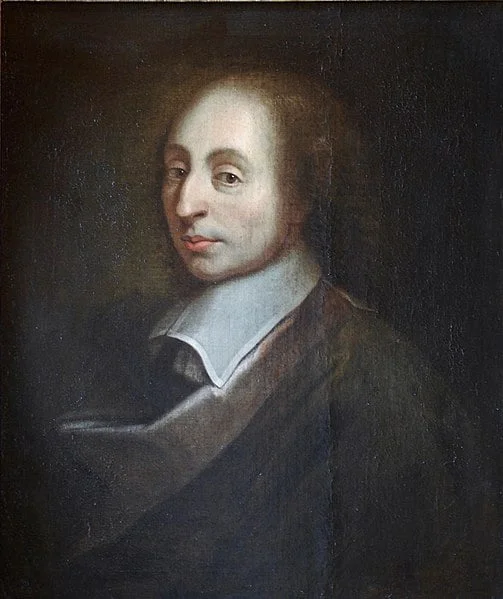
source:wikipedia.org
Balise Pascal
Birthday:
19 Jun, 1623
Date of Death:
19 Aug, 1662
Cause of death:
Celiac disease
Nationality:
French
Famous As:
Mathematician
Age at the time of death:
39
Balise Pascal's Quote's
Early Life and Intellectual Growth
Balise Pascal was a renowned French mathematician, physicist, inventor, writer, and theologian, born on June 19, 1623, in Clermont-Ferrand, France. He made significant contributions to various fields during his short but fruitful life. Pascal’s ingenious mind and exceptional talents led him to become one of the most influential figures in the scientific and religious communities of his time.
Blaise Pascal was a child prodigy, demonstrating exceptional mathematical abilities from a young age. His father recognized his potential and provided him with an education that fostered his intellectual growth. At the age of 16, Pascal started developing the first mechanical calculator, known as the Pascaline. This invention revolutionized the field of mathematics and computation, laying the groundwork for future advancements.
Contributions to Mathematics
Pascal made outstanding contributions to mathematics. His most influential work, “Traité du triangle arithmétique,” published in 1653, introduced Pascal’s Triangle and numerous applications of its patterns. Additionally, he made contributions to probability theory and introduced Pascal’s Wager, a philosophical argument in decision theory and religious belief.
Achievements in Physics
In addition to his mathematical achievements, Balise Pascal made significant contributions to physics. He formulated Pascal’s Law, also known as the principle of transmission of fluid-pressure, which played a pivotal role in the field of hydraulics. This principle states that when there is an increase in pressure at any point in a confined fluid, there is an equal increase at every other point in the fluid. Pascal’s Law laid the foundation for advancements in engineering, particularly in the design of hydraulic machines.
Religious Beliefs and Theological Writings
Despite his remarkable achievements in the scientific arena, Pascal’s life was deeply influenced by his religious beliefs. After a profound religious experience in 1654, he became increasingly devoted to his faith and started focusing on theological writings. He defended the Catholic faith with passion and engaged in philosophical debates regarding the existence of God.
Death and Legacy
Tragically, Pascal’s life was cut short at the age of 39. He passed away on August 19, 1662, in Paris, France. Despite his untimely death, his contributions to mathematics, physics, and theology continue to inspire and shape the fields to this day.
Enduring Influence on Various Fields
The extensive legacy of Blaise Pascal continues to shape and inspire various fields of human cognition. Pascal’s contributions to mathematics, physics, faith, and religion have had an undeniable impact on intellectual history. His innovative ideas and inventions continue to shape our modern world, making him one of the most important figures of the 17th century and beyond.
Conclusion
Blaise Pascal was a brilliant polymath who excelled in mathematics, physics, philosophy, and theology. His inventions and discoveries continue to impact various fields, and his unwavering faith influenced his intellectual pursuits. Although his life was short, his contributions have secured his place as one of history’s greatest thinkers.
Name:
Balise Pascal
Popular Name:
Balise Pascal
Gender:
Male
Cause of Death:
Celiac disease
Spouse:
Place of Birth:
Clermont-Ferrand, Auvergne, France
Place of Death:
Paris, France
Occupation / Profession:
Personality Type
Logician Innovative inventors with an unquenchable thirst for knowledge. He was highly creative and had an insatiable thirst for knowledge.
In 1642, Pascal built the first functional mechanical calculator, known as the Pascaline. It was a significant advancement in the history of computing, capable of performing addition and subtraction.
One of Pascal's most famous philosophical ideas is referred to as Pascal's Wager. It suggests that rational individuals should believe in God, as the potential rewards of eternal life outweigh the risks of disbelief
Pascal demonstrated exceptional mathematical abilities from a young age. At the age of 16, he wrote a treatise on conic sections, now called Pascal's Theorem.
Pascal's Law finds applications in hydraulic systems, such as hydraulic lifts and brakes, where force can be multiplied to accomplish tasks with ease
Pascal’s contributions to mathematics, physics, and philosophy have left a lasting impact. Concepts like Pascal’s Triangle and Pascal’s Law are still extensively studied and applied today, ensuring that his legacy endures.

